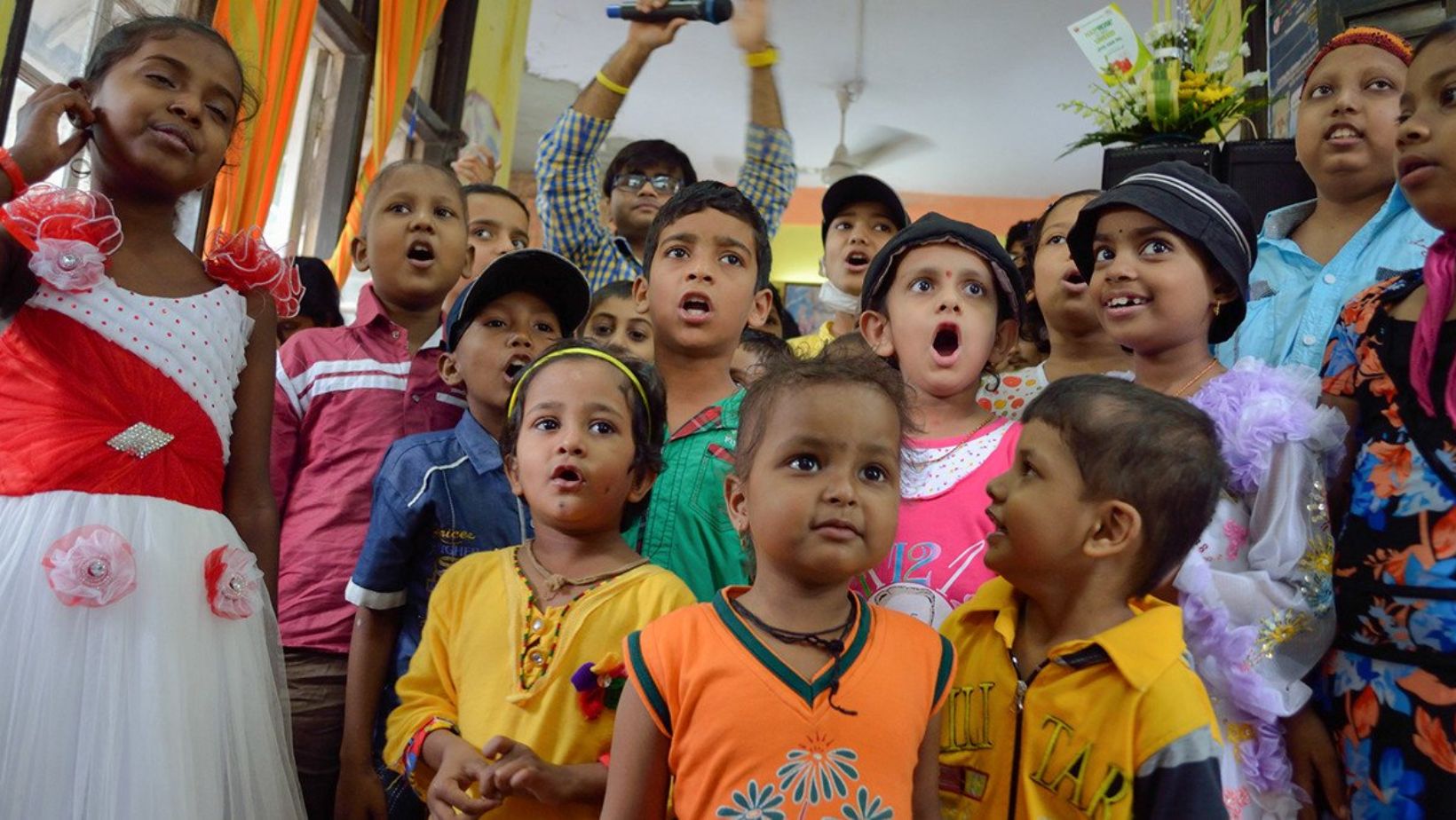Receiving a cancer diagnosis for a child is an emotionally devastating experience that envelops the entire family in a cloud of despair. Stomach cancer, although uncommon in pediatric cases compared to adults, poses distinctive challenges because of its aggressive behavior and the scarcity of treatment choices tailored for young patients. This article delves deeply into the intricate realm of stomach cancer among children, shedding light on the emotional strain it places on families and investigating the avenues of hope and assistance available to them.
Understanding Stomach Cancer in Children
Stomach cancer, medically known as gastric cancer, manifests as the abnormal growth of cancerous cells within the stomach lining. Although it predominantly afflicts adults, instances of pediatric stomach cancer, albeit infrequent, do occur. Regrettably, it often surfaces at an advanced stage in children, posing significant challenges for successful treatment. The causes of stomach cancer in children remain poorly understood, prompting ongoing research in this critical area.
Read more.. Progresses in Clinical Innovation: Developments Forming Medical Care Conveyance
Challenges Faced by Families
Emotional Turmoil: The emotional upheaval experienced by families coping with a child’s cancer diagnosis is staggering. Parents grapple with a maelstrom of fear, sadness, and helplessness while endeavoring to support their little ones through agonizing treatments and procedures.
Treatment Dilemmas: The rarity of pediatric stomach cancer poses a significant hurdle, resulting in a dearth of tailored treatment guidelines for young patients. Confronting this condition usually involves a multifaceted approach incorporating surgery, chemotherapy, and radiation therapy, each contributing its unique set of side effects.
Financial Burden: Managing the overwhelming financial strain of cancer treatment compounds the stress. Families often find themselves grappling with exorbitant medical bills, transportation costs, and various other expenses related to their child’s care, further adding to their burden.
Read more.. Guarding Your Newborn from Mosquito Bites: Tips for a Serene Night
Offering Hope and Support
Medical Breakthroughs: Despite the formidable challenges, ongoing strides in medical research offer a glimmer of hope. Clinical trials and targeted therapies are under exploration, aiming to develop treatments that are both more effective and less invasive for pediatric stomach cancer.
Comprehensive Support: Palliative care and support services have emerged as vital lifelines, enhancing the quality of life for both the affected child and the family. These services provide a holistic support system, encompassing emotional, physical, and spiritual aid, ensuring families do not have to navigate this arduous journey alone.
Community and Counseling: Support groups and counseling services serve as invaluable forums, uniting families facing similar challenges. The act of sharing experiences and receiving emotional support from others who comprehend their situation provides profound comfort and strength.
Awareness Initiatives: Elevating awareness about stomach cancer in children assumes paramount importance. Enhanced awareness fosters early detection, encourages increased research funding, and fosters a sense of community among affected families and healthcare professionals, amplifying the collective efforts against this formidable adversary.
Read more.. Care Supreme Health Insurance: Your Top Choice for Comprehensive Coverage




